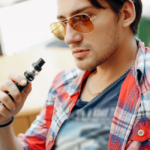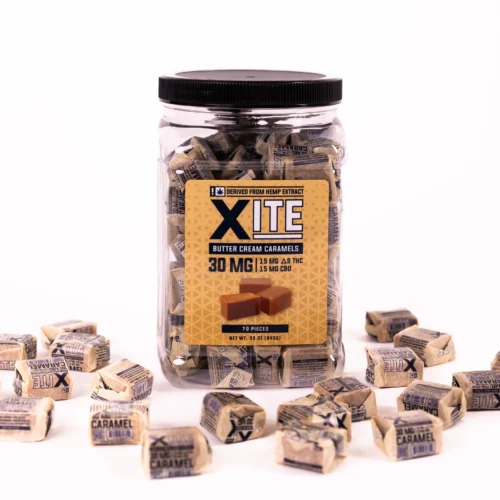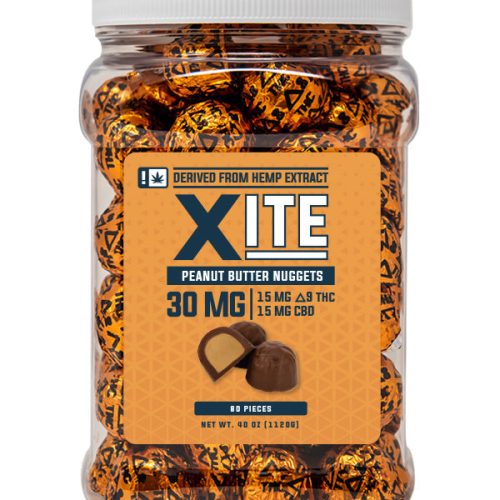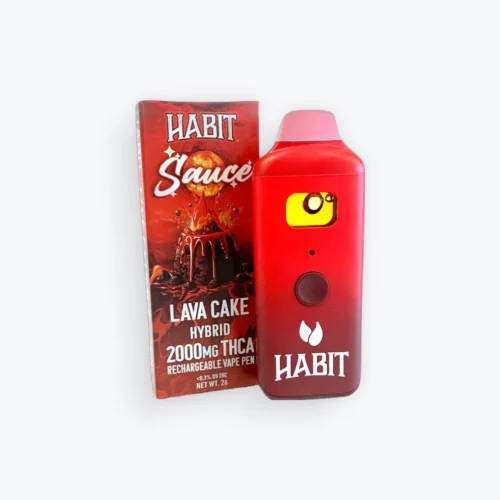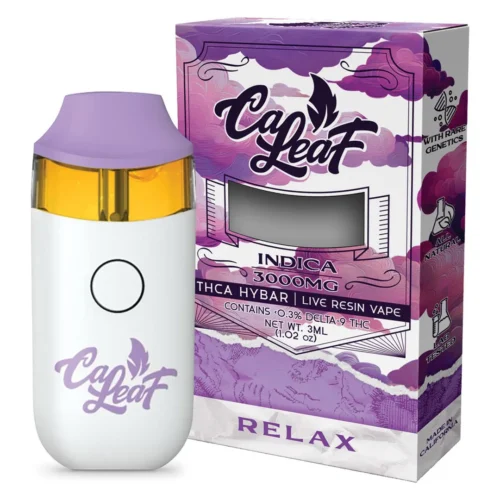Exploring the Use of CBD for Pets: What You Should Know
As pet owners, we’re always on the lookout for ways to improve the well-being of our furry companions. In recent years, CBD (cannabidiol) has gained attention as a potential supplement for pets. It’s essential to approach CBD for pets with caution and a clear understanding of what it is and what it isn’t. In this blog, we’ll explore CBD for pets without making any medical claims, focusing on the basics and considerations for pet owners.
What is CBD for Pets?
CBD is a non-intoxicating compound derived from the cannabis plant. It’s one of many compounds found in the plant, and unlike THC (tetrahydrocannabinol), it doesn’t produce a “high” in humans or animals. CBD interacts with the endocannabinoid system (ECS) in the body, which plays a role in regulating various physiological processes.
How CBD Works for Pets
Just like humans, pets have an endocannabinoid system, which is why CBD can affect them in similar ways. When CBD is administered to pets, it interacts with the ECS receptors, potentially helping to regulate functions such as pain perception, immune response, mood, and sleep. However, it’s important to note that the effects of CBD can vary from one pet to another.
Understanding CBD Products for Pets
There is a wide variety of CBD products available for pets, including oils, treats, capsules, and topical creams. When considering CBD for your pet, keep the following factors in mind:
1. CBD Source: Ensure that the CBD product is derived from high-quality hemp plants and contains little to no THC.
2. Dosage: Consult with your veterinarian or favorite CBD store to determine the appropriate dosage for your pet’s specific needs. Dosage can vary based on the pet’s size, weight, and individual response.
3. Product Type: Different products may have varying absorption rates and durations of effect. Oils and tinctures tend to work faster than chews but can be more difficult to administer.
4. Quality Assurance: Choose products that undergo third-party testing to ensure their purity and potency. This step helps you verify that you’re giving your pet a safe and effective product.
Considerations and Precautions
1. Consult Your Veterinarian: Before introducing CBD to your pet’s routine, consult with your veterinarian. They can provide guidance on whether CBD is suitable for your pet’s specific health conditions and help you determine the right dosage.
2. Start Slowly: When beginning a CBD regimen for your pet, start with a low dose and gradually increase it as needed. Monitor your pet’s response closely and make adjustments as recommended by your vet.
3. Watch for Side Effects: While CBD is generally considered safe for pets, some may experience side effects such as drowsiness, changes in appetite, or diarrhea. If you notice any adverse reactions, discontinue use and consult your veterinarian.
4. CBD Is Not a Cure-All: It’s important to remember that CBD is not a magic solution for all pet health issues. It may provide support and relief for certain conditions, but it should not replace proper veterinary care and treatment when needed
Conclusion
CBD for pets is a topic that has garnered interest among pet owners seeking natural ways to support their pet’s well-being. While there is anecdotal evidence suggesting potential benefits, it’s crucial to approach CBD for pets without making any medical claims. Instead, consider it as a supplement that may offer support for your pet’s overall health and comfort.
Always prioritize your pet’s safety and well-being by consulting with a veterinarian before introducing CBD into their routine. Together with your vet, you can make informed decisions about whether CBD is a suitable option for your pet and determine the right dosage and product type.
In the end, our pets rely on us to make responsible choices for their health, and exploring CBD as a potential addition to their wellness routine should be done with care and thoughtful consideration.



